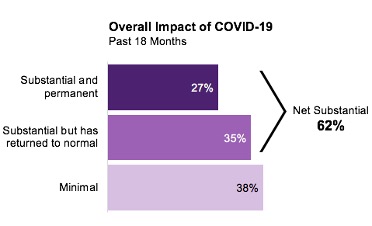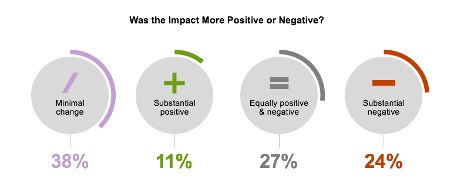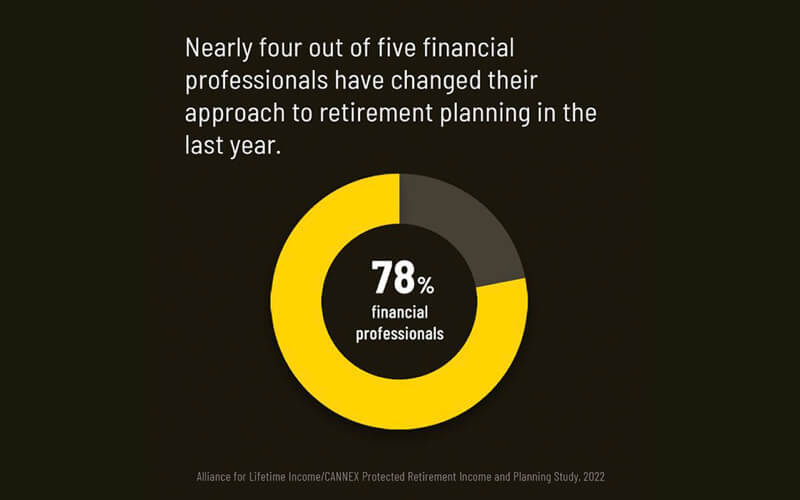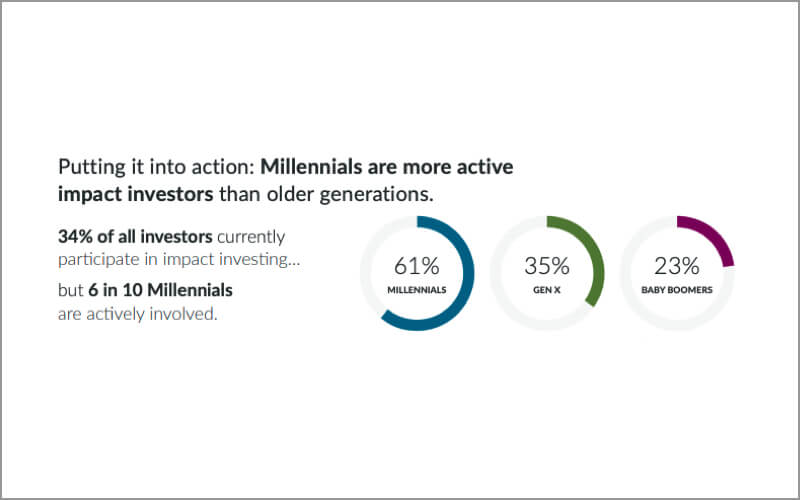It was the best of times, it was the worst of times, it was the age of wisdom, it was the age of foolishness, it was the epoch of belief, it was the epoch of incredulity, it was the season of light, it was the season of darkness, it was the spring of hope, it was the winter of despair. — Charles Dickens, A Tale of Two Cities
It is a time of change.
A significant majority – 62% – of Americans reported in August 2021 that the pandemic-related events of the last 18 months have had a substantial effect on their lives. For most of that group there is a sense now that life is getting back to normal, but for over a quarter of Americans (27%) that impact is more permanent.

This note previews early findings from Artemis Strategy Group’s latest survey tracking the pandemic and how priorities of Americans have evolved during this time of change. The emphasis here is to put some texture on the nature of impacts Americans are experiencing.
Nature of the impacts
May you live in interesting times. — unattributed English expression, said with irony
This period of time associated with the pandemic has certainly been interesting.
Throughout the pandemic it has been obvious that its impacts are not distributed evenly; Americans have had widely different experiences, and those experiences have been both good and bad. We asked Americans to characterize the overall impact of their pandemic experience in one of four ways:

Just under four in ten Americans characterize the impact of the pandemic on them as minimal. This group is least likely to note any changes in life across a wide array of dimensions.
Among those impacted, the largest segment (27%) describe the pandemic impact as mixed: a combination of positives and negatives. Four out of ten (41%) say they experienced challenges to their emotional, psychological or social well-being, and one-third (31%) faced a decrease in their household income. But 32% say this was a time of personal growth.

At one extreme are those 24% (nearly 80 million Americans) for whom the impact of the pandemic has been substantially negative. Nearly half of this group (48%) report experiencing challenges to their emotional, psychological or social well-being, and four out of ten (42%) faced a decrease in their household income. In spite of the challenges, one-quarter (26%) say this was a time of personal growth.

At the other extreme are the 11% (about 36 million Americans) for whom the impact has been substantially positive. One-third (35%) who say the impact has been mainly positive still experienced challenges to their emotional, psychological or social well-being, and one out of five (20%) faced a decrease in their household income. But six out of ten (59%) assert this was a time of personal growth.

Serendipity’s role in the pandemic and priorities
The virus doesn’t care who you are.
One of the common statements we hear from scientific and medical professionals is that the virus can strike anyone. While there are some patterns, much the same holds true when we look at the totality of effects people have been experiencing. Those who report being minimally impacted are more likely than others to be over 65 and not working. Those describing positive impacts show a skew to younger, more employed and more affluent. But aside from those moderate skews, the striking demographic observation is how diverse each impact segment is. Serendipity is the only way to explain it.
Gauging how impacts affect priorities
Our full model in this analysis starts with an assessment of impacts, and we see a wide range. Some people are unaffected or returning to prior states, while others are anticipating more lasting impacts. We are conducting further analysis that we will share soon. It looks at two related dimensions: First, we’ll note changes in the importance people attach to multiple aspects of their lives. This spans health, finance, work and relationships. Second, we’ll assess changes in the behaviors associated with those life priorities.
Our analysis of the pandemic and priorities will take a cue from the diversity of impacts we have observed. We’ll examine whether the priorities of those impacted most positively and negatively have changed in different ways than others.
Our continuing goal is to use this picture of how Americans’ priorities have changed to help project how those changed priorities are impacting decisions across the spectrum of health, finance, work and relationships.

Look for more analysis on the pandemic and priorities in the What’s New section of our website. Please reach out to a member of the Artemis team if you’d like more details on the study or a presentation for your team.
Artemis Strategy Group conducted a national population survey in August 2021 with over 1,500 Americans to assess how the COVID-19 pandemic has changed their priorities and how they approach their relationships, work, financial and health decisions.
This study is the 5th is a series of MAP studies (2013, 2016, 2019 and 2020) that Artemis has conducted to probe deeply into people’s goals, actions, barriers and motivations. Many of our insights from this research are available as downloadable PDFs here. Also, you can read my reflection on our 2020 research earlier this summer here.



